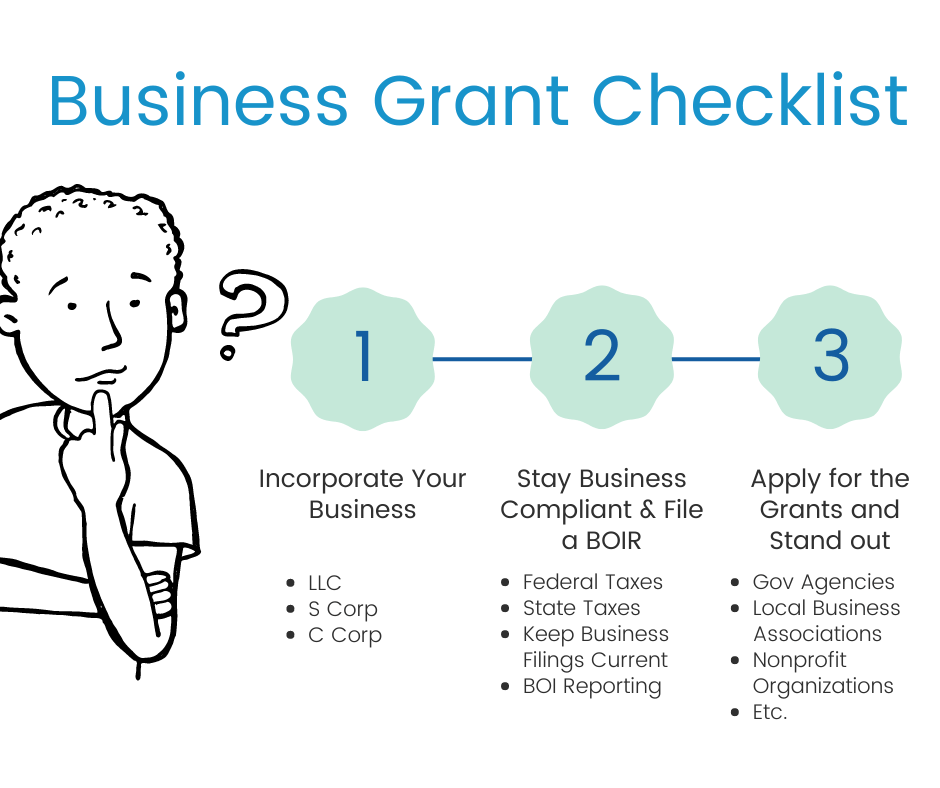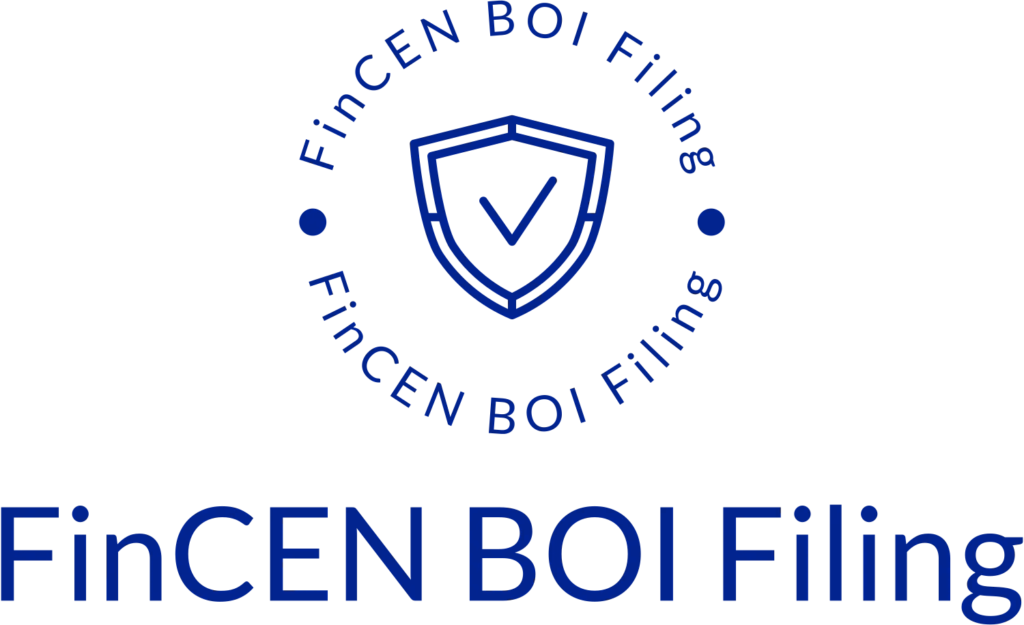Hey there, Colorado entrepreneurs! Are you ready to take your small business to new heights, like the Rockies themselves? Let’s talk about something that could be a game-changer for your venture: small business grants right here in our beautiful Centennial State.
Whether you’re brewing up the next great craft beer in Fort Collins or launching a tech startup in Denver’s Silicon Mountain, finding the right funding can be as challenging as a Broncos fourth-quarter comeback. But don’t worry, we’ve got your back. In this article, we’ll explore where to uncover those elusive Colorado small business grants and walk you through the steps to qualify for them. So grab your favorite Celestial Seasonings tea, and let’s dive in!
Where to Search for Small Business Grants in Colorado
Colorado’s entrepreneurial landscape is a treasure trove of untapped potential, brimming with opportunities for those who dare to dream big. With a little digging and a dash of creativity, savvy business minds can unearth a wealth of grants and resources, transforming their Rocky Mountain dreams into thriving realities.
Some Colorado Local Resources Include:
Colorado’s Small Business Association: The SBA in Colorado is a treasure trove of resources for entrepreneurs with big dreams and empty pockets. They offer a smorgasbord of funding options, from loans to investment programs, all designed to help you turn your business idea into a thriving reality. Their expert advisors are like financial fairy godparents, ready to guide you through the often-bewildering world of small business financing.
The Colorado SBA doesn’t directly offer grants, but they do provide information on various grant opportunities available through other organizations. These might include state-specific programs or federal grants for specialized industries. While grants are often like unicorns in the business world – rare and magical – the SBA can help you identify and pursue these elusive funding sources if your business aligns with specific criteria or serves particular community needs.
Colorado’s Economic Development Agency: Colorado’s Economic Development Agency is a treasure trove for entrepreneurs seeking funding. They’ve curated a smorgasbord of resources that’ll make your wallet do a happy dance, from loans to tax credits and everything in between. It’s like they’ve rolled out the red carpet for your business dreams, complete with a financial buffet.
The agency offers the Advanced Industries Early-Stage Capital and Retention Grant Program, a mouthful that translates to “we want to shower promising startups with money.” If you’re in advanced manufacturing, aerospace, bioscience, electronics, energy, infrastructure engineering, or technology and information, and you’re as Colorado as a Rocky Mountain oyster, you might just qualify. Just remember, you’ll need to match the grant funds and prove you’re more promising than a powder day in Vail.
Colorado’s Chamber of Commerce: The Colorado Chamber of Commerce is a goldmine for entrepreneurs seeking funding opportunities. They offer a comprehensive database of grants, loans, and investment options tailored specifically for businesses in the Centennial State. By leveraging their extensive network and resources, you can uncover hidden gems that could propel your startup to new heights.
The Colorado Chamber of Commerce also provides a Small Business Development Grant program for eligible entrepreneurs. This grant is designed to support early-stage businesses with up to $10,000 in funding for various purposes, including marketing, equipment purchases, or operational expenses. To qualify, applicants must be Colorado-based businesses with fewer than 50 employees and demonstrate a clear plan for growth and job creation within the state.
Don’t Miss This Essential Small Business Grant
If you’re looking to expand your advanced industry business into international markets, the Advanced Industries Export Grant from Colorado’s Office of Economic Development and International Trade (OEDIT) could be a game-changer. This grant program is designed to help Colorado-based advanced industry companies offset the costs associated with exporting their products or services globally. Whether you’re in aerospace, bioscience, electronics, energy, infrastructure engineering, technology, or advanced manufacturing, this grant can provide crucial financial support for activities like trade show participation, foreign market sales trips, and international marketing campaigns. To click here and learn more about how this grant can boost your global expansion efforts.
To qualify for this grant, your company must meet specific criteria. You’ll need to be a Colorado-based advanced industry business with fewer than 200 employees worldwide. Additionally, your company should have at least two years of domestic sales experience and be new to exporting or expanding into a new foreign market. The grant requires a 1:1 match, meaning you’ll need to be prepared to invest in your export initiatives alongside the grant funding. It’s also worth noting that preference is given to companies that haven’t previously received this grant, so if you’re just starting your international journey, now’s the perfect time to apply.
Additional Grant Opportunities
When looking for small business grants, it may benefit you to look beyond the boundaries of Colorado. Skip is your one-stop platform for discovering and securing the funding you need to start or grow your business. With thousands of grants ranging from $1,000 to $25,000, finding the perfect opportunity is just a click away.
Imagine having access to a user-friendly dashboard where you can track and apply for grants tailored to your business in Colorado. Skip’s AI-assisted grant writing tool helps craft compelling applications that stand out, and with instant feedback, you can ensure your submission is top-notch every time.
Join the thriving community of entrepreneurs who have already reaped the benefits of Skip. With over $300,000 in grants donated and strong partnerships with government agencies and non-profits, Skip is dedicated to your success. Take the first step today and turn your business dreams into reality – Click Here to get started with Skip.
Essential Steps to Qualify for Small Business Grants
As an entrepreneur in Colorado, it’s crucial to understand that most small business grants, whether at the local or national level, typically require your business to be incorporated. This requirement is often in place to ensure that grant funds are allocated to legitimate, established businesses rather than individuals or informal ventures. Incorporation not only demonstrates your commitment to your business but also provides a legal structure that can make your enterprise more attractive to grant-giving organizations.
When it comes to incorporating your business, we’ve found that Northwest Registered Agent offers the best assistance for entrepreneurs. Their expertise in navigating the incorporation process, combined with their exceptional customer service, makes them stand out from other providers. By choosing Northwest Registered Agent, you can ensure that your business is properly incorporated, meeting the requirements for grant applications while also establishing a solid foundation for your company’s future growth and success.

How Compliance Affects Your Eligibility for Business Grants
Compliance isn’t just a box to check; it’s the foundation of your business’s future opportunities. Staying on top of federal and state taxes in Colorado, along with maintaining current business registration, isn’t merely about avoiding trouble—it’s about opening doors. By keeping your house in order, you’re not just running a business; you’re building a launchpad for potential grants and growth.
The Corporate Transparency Act has added a new layer to this compliance puzzle, requiring businesses to unveil their beneficial owners through a Beneficial Ownership Information Report. This isn’t just another bureaucratic hoop; it’s a safeguard against financial penalties that could derail your entrepreneurial journey. Remember, in business, as in life, an ounce of prevention is worth a pound of cure.
That’s where we come in. Navigating the Beneficial Ownership Information Reporting (BOIR) requirements can be daunting, but our website simplifies the process. We offer a secure and straightforward filing experience with a direct connection to FinCEN, ensuring your information is handled with the highest level of security. Our platform makes compliance effortless so you can focus on growing your business.
Don’t let penalties slow your business down. Failing to comply with Beneficial Ownership Information Reporting (BOIR) requirements can result in severe consequences. If you fail to file, you could be subject to the following penalties:
- Fines of up to $500 per day for failure to file BOIR
- Cumulative fines reaching up to $10,000
- A person who willfully violates the BOI reporting requirements may be subject to criminal penalties of up to two years imprisonment.
Not sure if you have a BOIR filing requirement? Please take our quick BOI eligibility quiz to determine whether you need to file and ensure you comply with regulations.
Ending Note: Effective Strategies for Grant Success in Colorado
In the end, building a successful business is about more than just finding funding. It’s about persistence, adaptability, and making the most of every opportunity. The resources we’ve discussed are powerful tools, but they’re just that – tools. Your drive, your vision, and your ability to learn and pivot are what will truly set you apart. Remember, every successful entrepreneur started exactly where you are now. So take that first step, leverage these resources, and begin your journey. The path won’t always be easy, but with determination and the right support, you might just build something extraordinary. After all, the best investment you can make is in yourself and your dreams.
For all of you out there who haven’t yet tackled your BOIR, the time to act is now. Procrastination won’t get you anywhere, but taking just a few minutes to complete our straightforward form will. Don’t let this critical step in your compliance journey slip through the cracks—get it done and move forward with confidence.
Frequently Asked Questions
Have questions about the Beneficial Ownership Filing process? Check out FinCEN BOI Filing's frequently asked questions for the answer.
What is a BOI report?
A Beneficial Ownership Information (BOI) report is a filing required by FinCEN to disclose key details about individuals who own or control a company, ensuring compliance with anti-money laundering laws and enhancing corporate transparency. Filing a BOI takes 5-10 minutes and can be done here.
When does the CTA become effective?
The Corporate Transparency Act (CTA) reporting requirements take effect on January 1, 2024. Business entities established before this date have until January 1, 2025, to meet the reporting obligations.
Are there penalties for not filing a BOI report?
Yes, failing to file a BOI report can result in substantial penalties, including hefty fines and potential legal repercussions. Learn more about the BOI deadlines and non-filing BOI penalties.
How do I file a BOI report?
Filing a BOI takes about 5-10 minutes and can be done here. If you’re not sure if you are required to file, you can take the one minute BOI Eligibility Quiz.
Who is considered a beneficial owner?
A beneficial owner is any individual who either:
- Directly or indirectly exercises substantial control over the reporting company, or
- Directly or indirectly owns or controls 25% or more of the company’s ownership interests.
Substantial control includes the power to direct, influence, or determine significant decisions of the company. This may involve senior officers or individuals with authority to appoint or remove senior officers or a majority of the board.
Ownership interests encompass rights that establish ownership in the company, ranging from basic stock shares to more complex financial instruments.
For more details on “substantial control” and “ownership interests,” refer to our guide on complex ownership structures.
How do BOI reports get submitted to FinCEN?
We submit reports through a secure API connection directly with FinCEN’s Beneficial Ownership Secure System (BOSS). This integration allows for seamless and efficient filing of Beneficial Ownership Information reports, reducing the time it takes to complete and submit a report.
Our user-friendly form is designed to minimize errors by guiding you through the process with clear prompts and checks. Additionally, by using the secure API connection, we ensure that your data remains private and protected throughout the submission process, adhering to the highest security standards.
Who can access the beneficial ownership information?
The beneficial ownership information will be accessible only to authorized government agencies, such as law enforcement and regulatory authorities, for the purpose of combating money laundering, fraud, and other financial crimes.
This data is not publicly available and is used solely for compliance with legal and regulatory requirements. Only those with a legitimate need, as defined by the law, will be able to access this information to ensure transparency and uphold national security.
You can read more about keeping your personal information private when filing your BOIR.
Do I need to file a BOIR annually?
No, you do not need to file a Beneficial Ownership Information Report (BOIR) annually. However, you are required to update and file a new report if there are any changes to the beneficial ownership or company applicant information, such as changes in ownership or control. The report must be filed when there are material updates, but there is no annual filing requirement unless changes occur.
What information is required in a BOI report?
Type of Report
The reporting company must specify the type of report being submitted: an initial report, a correction of a prior report, or an update to a prior report.
Company Information
The reporting company must provide the following details:
- Legal Name: The official name of the company.
- Trade Name: Any “doing business as” (DBA) names used by the company.
- Address: The current street address of its principal place of business. If the principal place of business is outside the U.S., the company must report the address from which it conducts business in the U.S.
- Taxpayer Identification Number (TIN): This includes an EIN, SSN, or ITIN, as appropriate.
Beneficial Owner Information
The reporting company must provide the following details for each beneficial owner:
- Legal Name: The individual’s full legal name.
- Date of Birth: The individual’s date of birth.
- Address: The individual’s residential street address.
- Identification Document: A unique identifying number from an acceptable identification document, the issuing state or jurisdiction, and an image of the document.
Company Applicant Information (if required)
For reporting companies created on or after January 1, 2024, the following information about the company applicant must be provided:
- Address: The individual’s residential street address. If the applicant forms or registers companies as part of their business (e.g., paralegals), the business address can be used. The address does not need to be in the U.S.
- Identification Document: A unique identifying number from an acceptable identification document, the issuing state or jurisdiction, and an image of the document.
Who needs to file a BOI report?
Most businesses are required to file a BOI report, with exceptions for 23 specific categories, such as publicly traded companies and other regulated entities. To learn more about these exemptions and determine if your business needs to file, read this article.
When is the BOI report due?
- Companies formed or registered before January 1, 2024, must file an initial BOI report by January 1, 2025.
- Companies formed or registered in 2024 must file a BOI report within 90 days of receiving actual or public notice of their formation or registration.
- Companies formed or registered on or after January 1, 2025, must file their initial BOI report within 30 days of receiving actual or public notice.
You can learn more about the BOI deadlines here.
What is type of ID is required?
Acceptable identification documents include the following:
- A valid, unexpired driver’s license issued by a U.S. state or territory.
- A valid, unexpired ID card issued by a U.S. state, local government, or Indian Tribe for identification purposes.
- A valid, unexpired passport issued by the U.S. government.
- If none of the above is available, a valid, unexpired passport issued by a foreign government may be used instead.
An identification document must be collected for each beneficial owner.
For companies formed after 2023, an ID must also be provided for the company applicant.
Who is a company applicant?
A company applicant is the individual responsible for creating or registering a company. Specifically, it includes:
- The individual who directly files the document to form or register the entity with the relevant state or tribal authority, such as the Secretary of State.
- The individual primarily responsible for directing or controlling the filing process, even if they are not the one submitting it.
For companies formed or registered after January 1, 2024, this information must be reported as part of the Beneficial Ownership Information Report (BOIR).
Is it necessary to use a certified public accountant (CPA) or other professional to submit a BOI report?
Most individuals will be able to submit their Beneficial Ownership Information reports directly without needing assistance from attorneys or CPAs. Our streamlined, user-friendly form guides you through the process, making it simple to provide the required information accurately and efficiently.
Is a company required to update and correct information that is no longer accurate?
Yes, a company is required to update or correct its beneficial ownership information whenever it is no longer accurate. If there are any changes to the company’s beneficial owners or company applicant information, such as a change in ownership percentages or control, the company must file an updated report with the correct details. This ensures that the information on record remains accurate and compliant with the reporting requirements, helping to maintain transparency and reduce the risk of misuse.
Will I receive a confirmation of submission after submitting the BOIR?
After submitting your BOIR through our website, you will receive an email containing a unique submission process ID, confirming that your submission has been successfully received.
The email will also notify you once FinCEN has accepted your report. In rare instances, if your submission is rejected, we will inform you of the reason and provide a link to resubmit the corrected information.
You can track the status of all your submissions through our BOIR tracking page, ensuring you stay updated on the progress of your report. Most submission have a confirmed acceptance within a few minutes of submission.





